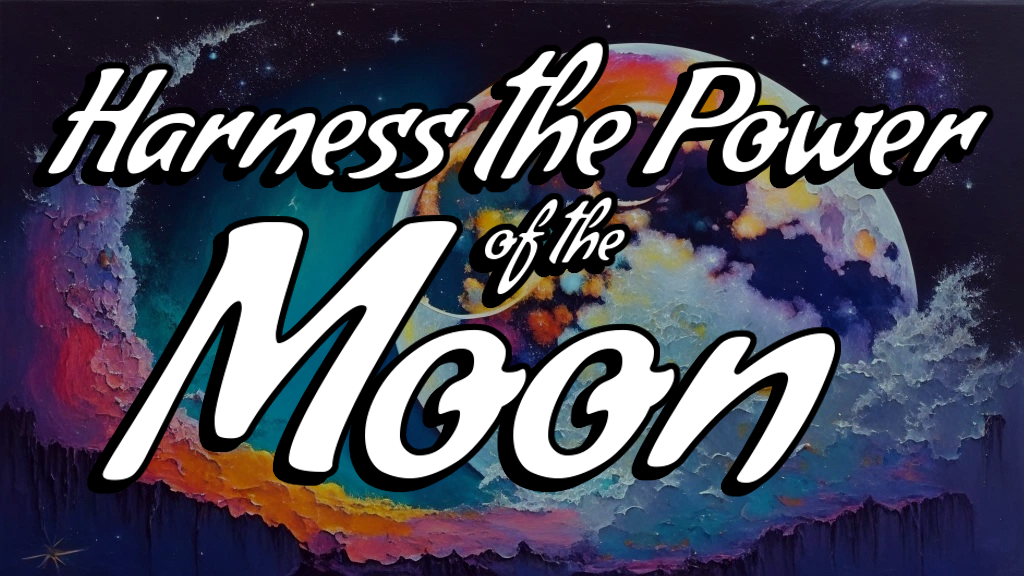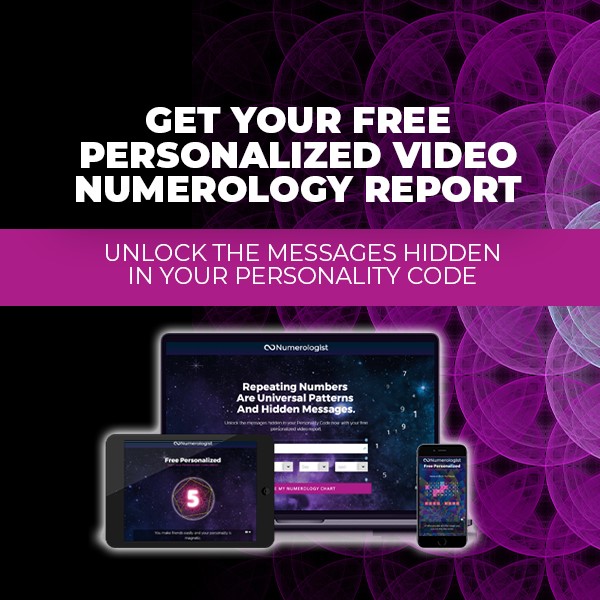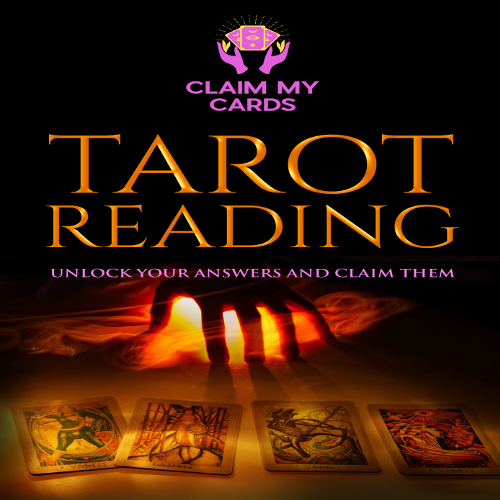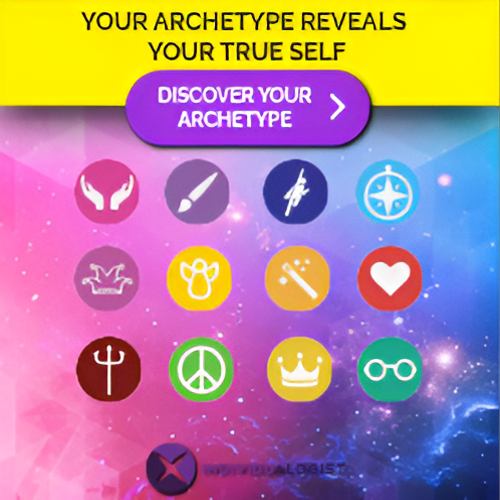There’s a certain mystique that surrounds the moon. Its luminous glow has captivated humanity for centuries, and its phases have been deeply embedded in our cultures and traditions. But beyond its celestial allure, is there a more profound connection between us and the moon? Specifically, can the moon’s phases influence our emotional health?
Deciphering the moon’s influence on emotional well-being is a fascinating journey that takes us through the realms of astrophysics, psychology, and spirituality. It’s about gaining insights into our emotional patterns and learning to navigate life’s ebbs and flows with greater ease and awareness. So, let’s embark on this lunar journey together, illuminating our path towards improved emotional well-being.
Understanding the Phases of the Moon
Before we delve into the moon’s impact on our emotions, it’s essential to understand the moon’s phases. The moon goes through eight phases: new moon, waxing crescent, first quarter, waxing gibbous, full moon, waning gibbous, last quarter, and waning crescent. Each phase corresponds to the moon’s position relative to the Earth and Sun, resulting in different portions of the moon being visible from Earth.
The new moon marks the start of the lunar cycle, where the moon is in line with the Sun and Earth but on the opposite side of the Earth from the Sun. As a result, the moon is not visible from Earth. This phase is often associated with new beginnings and fresh starts.
From the new moon, the moon’s visible portion gradually increases during the waxing phases until it becomes fully illuminated at the full moon. Following the full moon, the moon’s visibility starts decreasing during the waning phases until it becomes invisible again at the next new moon. Understanding these phases is crucial in exploring their potential influence on our emotions.
The Impact of Moon Phases on Emotions: An Overview
The moon’s gravitational pull influences Earth’s tides, but can it also sway our emotional tides?
For instance, the full moon phase often gets a bad rap for inciting erratic behavior and emotional upheavals. However, others attribute positive qualities to the full moon, viewing it as a time of heightened creativity and clarity. The new moon, on the other hand, is often associated with introspection and the setting of new intentions.
However, it’s essential to remember that our emotional responses to moon phases can be highly individual. Some people may feel more emotionally charged during the full moon, while others may not notice any difference. This variability underscores the importance of personal observation and self-awareness in understanding the moon’s influence on our emotional well-being.
Moon Phases and Emotional Health: A Deep Dive
Let’s take a more in-depth look into how each phase of the moon could influence our emotional health.
During the new moon, when the moon is invisible in the night sky, many people report feeling introspective, reflective, and open to new beginnings. This phase could be an opportune time to set new intentions and goals.
As the moon waxes and its light grows, our energy and motivation may also increase. The waxing phases could be ideal for taking action on our goals and riding the wave of increasing momentum.
The full moon, fully illuminated and at its most potent, often coincides with heightened emotions and intuition. This phase could be a powerful time for self-expression and creativity, but also a time to be mindful of emotional volatility.
Finally, during the waning moon phases, as the moon’s light decreases, it could be a time for release, forgiveness, and letting go of what no longer serves us. It’s a period for decluttering our lives, both physically and emotionally, preparing for the new lunar cycle to begin.
How Lunar Cycles Affect Mood Swings
Mood swings can be influenced by numerous factors, including hormonal changes, stress, sleep patterns, and potentially, lunar cycles. Some individuals report more frequent or intense mood swings during specific moon phases, particularly the full moon.
The full moon’s increased brightness can disrupt sleep, leading to fatigue and moodiness the next day. Moreover, the heightened energy often associated with the full moon may amplify pre-existing emotional states, potentially leading to mood swings.
However, it’s crucial to remember that our response to lunar cycles can be highly individual. If you notice a pattern in your mood swings corresponding to lunar cycles, it could be beneficial to track your moods in relation to the moon’s phases. This self-awareness can empower you to manage your mood swings more effectively.
The Influence of Lunar Phases on Stress Levels
Stress is a common aspect of modern life, and finding effective ways to manage it is crucial for our emotional well-being. Interestingly, some people notice changes in their stress levels in relation to the moon’s phases.
The full moon, with its heightened energy and brightness, may exacerbate feelings of stress for some people. On the other hand, the new moon’s introspective energy may provide a calming respite from stress.
While individual experiences vary, being aware of these potential influences can help us better manage our stress levels. For instance, if you notice you’re more prone to stress during the full moon, you could plan ahead to incorporate extra self-care practices during this time.
The Role of Lunar Cycles in Managing Happiness and Emotional States
If lunar cycles can influence our stress levels and mood swings, can they also play a role in managing our overall happiness and emotional states?
By tuning into the moon’s cycles, we can become more aware of our emotional patterns and learn to navigate them with greater ease.
For example, the new moon’s energy for new beginnings can inspire us to set positive intentions for our emotional well-being. The waxing moon’s growing light can motivate us to take action towards these intentions. The full moon’s heightened energy can remind us to express our emotions fully and authentically. And the waning moon’s diminishing light can encourage us to release negative emotions and let go of what no longer serves us.
Harnessing the Power of Lunar Cycles for Emotional Well-being
So, how can we harness the power of lunar cycles for our emotional well-being? The key lies in observation, self-awareness, and intentional action.
Start by observing how you feel during different moon phases without judgment. Do you notice any patterns or changes in your emotions? If so, acknowledge these observations and consider how you can use this awareness to your advantage.
If you notice you’re more prone to stress or mood swings during the full moon, plan ahead with self-care practices. If the new moon inspires introspection and goal-setting, use this time to set positive intentions for your emotional well-being.
Remember, the goal isn’t to control or resist our emotions, but to understand and navigate them with greater ease and awareness. By tuning into the moon’s cycles, we can cultivate a more harmonious relationship with our emotions and enhance our overall emotional well-being.
Final Thoughts: The Moon’s Effect on Emotional Wellness and Future Research Directions
Our exploration of the moon’s influence on emotional well-being reveals a fascinating interplay of celestial phenomena, human emotions, and personal perceptions. Personal observation and self-awareness can provide valuable insights into our emotional patterns in relation to the moon’s phases.
Future research in this area will undoubtedly uncover more about the moon’s effect on emotional wellness. Until then, we can continue our personal explorations, guided by the moon’s luminous light on our journey towards improved emotional well-being.
Ready to delve deeper into your lunar journey? Click here for a FREE, personalized moon reading, and let the moon illuminate your path to emotional well-being today!





